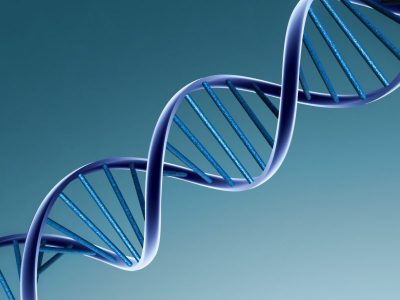When it comes to using supplements, there are a lot of considerations that must be taken into account. Simply reading something or listening to a well-meaning friend and then purchasing a supplement off the shelf does not mean it is suitable for you.
Here’s one example of ECGC, an extract from green tea, known for its antioxidant properties. Much of the research into green tea stems from Asian countries where the polyphenol-rich tea is consumed with meals. When you actually look at the biochemistry, it becomes evident that green tea does indeed provide some protection against free radical damage – in the gut, while eating! It does not work on a cellular level. This is also true for other polyphenol-rich substances like red wine, pomegranate juice, beetroot or berries – their protection is with a meal.
Not everything that is labeled “antioxidant” or “protective” is true to its name.
Then, we have to consider our individual differences, including genetic polymorphisms or SNPs (pronounced ‘snips’). These are epigenetic changes to our DNA that affect how our body codes for certain functions. Some are sped up, others slowed down, others can be blocked.
A great example is shown when researchers analysed early signs of liver damage finding this was somewhat more common than normal in women with one variation in the catechol-O-methyltransferase (COMT) genotype and strongly predicted by a variation in the uridine 5′-diphospho-glucuronosyltransferase 1A4 (UGT1A4) genotype.

